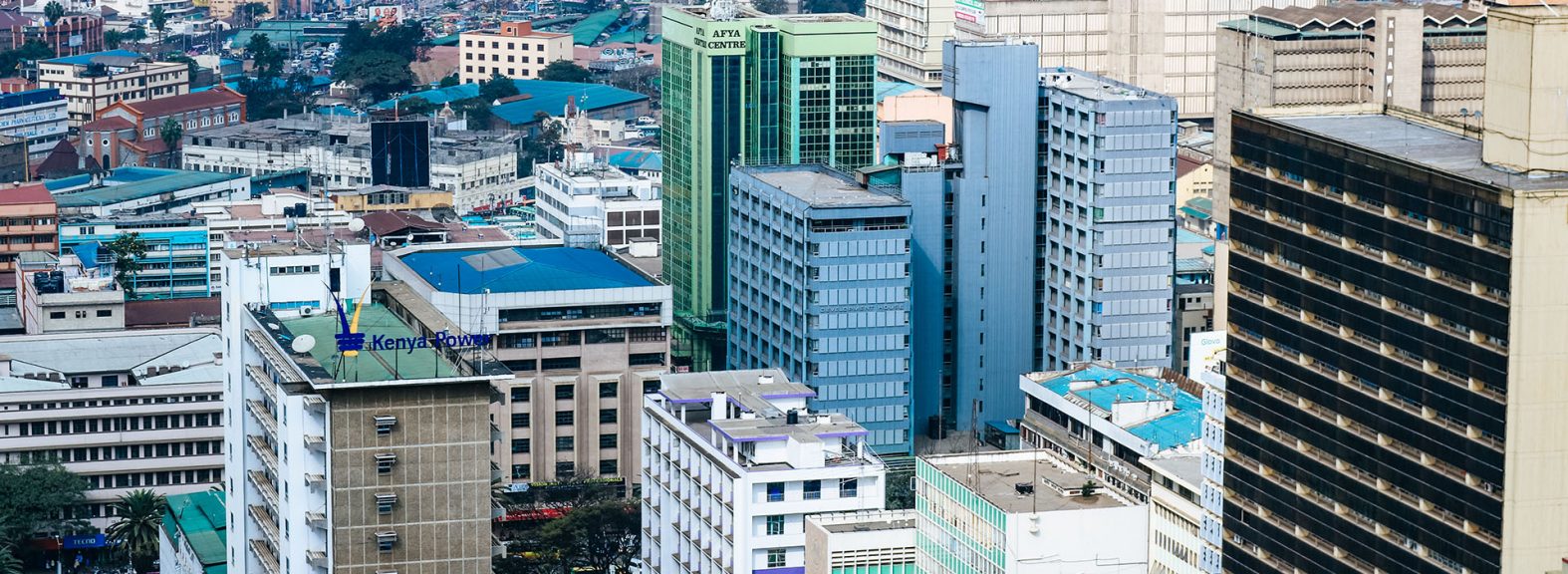Financing Africa’s Urban Opportunity


The Why, What, and How of financing Africa's green cities

On 27 September, we launched our new report, Financing Africa’s Urban Opportunity at Africa Climate Week. This session focused on the financing gaps for city climate action, emphasising the great investment opportunities African cities provide. It brought together national and sub-national government decisionmakers and high-profile climate and civil society leaders to explore and identify ways to implement the recommendations outlined in the report. The session also considered how these groups can effectively coordinate to support and finance low-carbon and inclusive cities, while building capacity for such a transformation at the local level.
Africa’s urban challenges are complex. Cities need tailored, endogenous solutions which work for their residents. It also means that the scale of projected investments to drive compact, connected and clean urban development is varied and depends on country-specific characteristics, as are the challenges of financing these investments.
At Africa Climate Week on September 27th 2021, we launched the Financing Africa’s Urban Opportunity report, which addresses financing Africa’s green urban transition; highlights urban opportunities; makes the economic case for sustainable urban infrastructure investment; and outlines financing solutions for low-carbon urban development applicable to the whole region.
Examples from South Africa, Ethiopia, and Kenya demonstrate the economic benefits of the deployment of urban climate investments specifically in the buildings, transport, and waste sectors.
During the session, the discussion among high-level government, climate, and civil society leaders centered on the ‘why’, ‘what’, and ‘how’ of financing Africa’s green cities and explored real-world implementation of the report recommendations.
Speakers